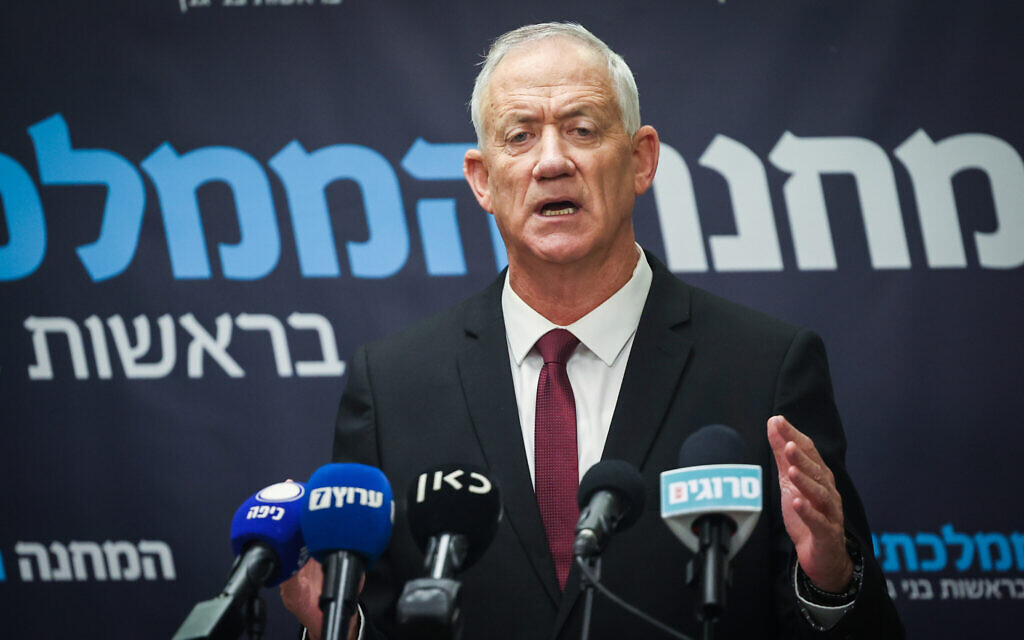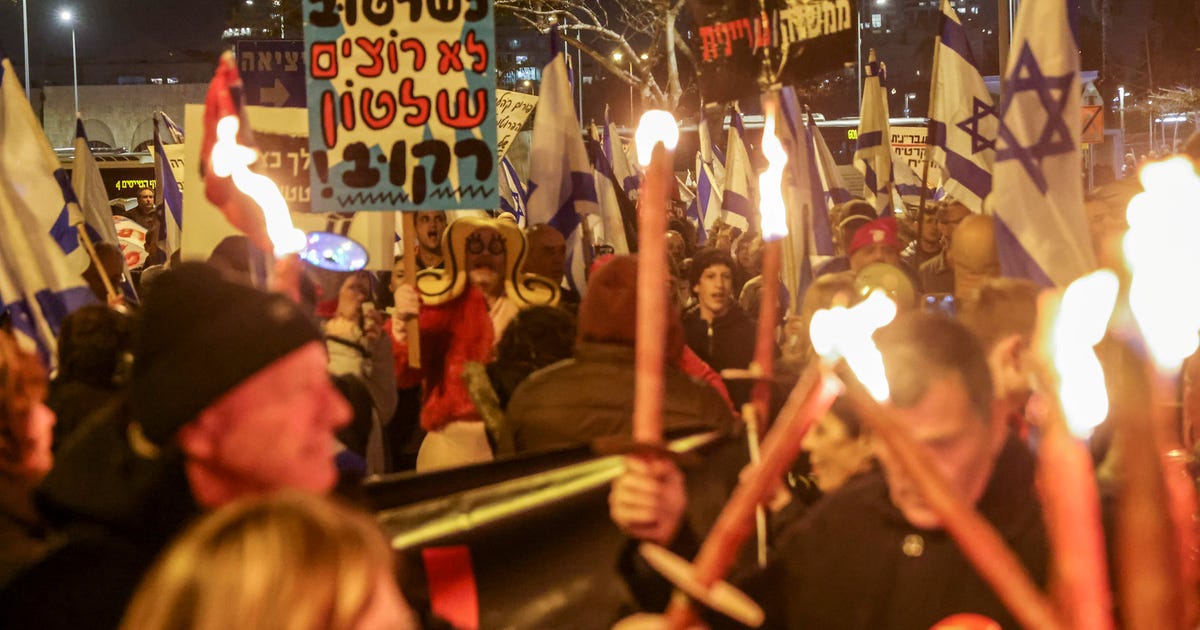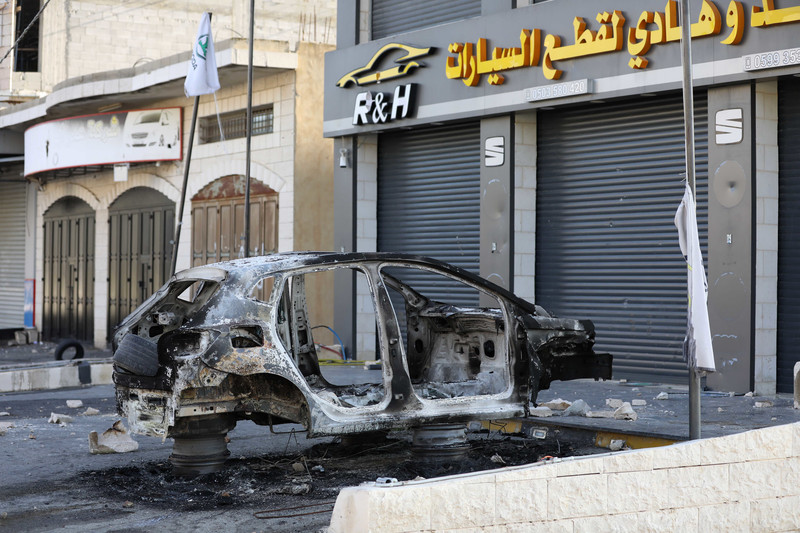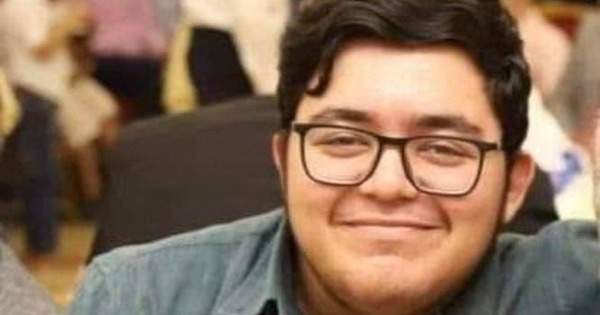Settler extremists sowing terror, Huwara riot was a ‘pogrom,’ top general says
Yehuda Fuchs warns future clash between troops and hardline Israelis in West Bank may end in Israeli fatalities, admits IDF was unprepared for size, scale of Sunday night rampage
By Joshua Davidovich
28 February 2023, 2:43 pm
National Unity leader calls on Netanyahu to enter into negotiations on overhaul immediately; the premier ostensibly agrees, but sides continue to be divided on terms

www.timesofisrael.com
Face the facts: Israel relies on settler violence
Ahmed Abu Artema
8 March 2023
One of many cars destroyed by Israeli settlers during the Huwwara pogrom.
Shadi Jarar’ah APA images
Bezalel Smotrich is one of the main pillars in the current Israeli government. Although generally described as the finance minister, his work is not confined to curbing inflation.
His broad portfolio gives him partial responsibility for the defense ministry and a
major role in administering Israel’s occupation of the West Bank and Gaza Strip.
A far-right extremist, Smotrich has used his new platform to incite violence. Just days after Israeli settlers carried out a
pogrom in Huwwara – killing one Palestinian and inflicting huge destruction on homes, businesses and vehicles – Smotrich
called for that West Bank village to be “wiped out” by the Israeli state.
That racist statement was denounced internationally. Ned Price, spokesperson for the US State Department,
called it “irresponsible” and “repugnant.”
Smotrich is not the only member of the Israeli government who supported the crimes by settlers in Huwwara.
Itamar Ben-Gvir, the national security minister, was initially silent after the pogrom. Yet it did not take long before his admiration for the perpetrators became clear.
Ben-Gvir
denounced the detention of two settlers accused of taking part in the pogrom.
Members of Israel’s parliament, the Knesset, from Ben-Gvir’s Jewish Power party have openly applauded the pogrom.
One such lawmaker Zvika Fogel
said, “A closed, burnt Huwwara – that’s what I want to see.”
Limor Son Har-Melech, another Jewish Power elected representative,
called the pogrom “the righteous cry of hundreds of Samaria residents.” Israel refers to the West Bank as Judea and Samaria.
The Huwwara pogrom took place during a time of mass protests by Israelis against Benjamin Netanyahu and the government he leads, which has declared a war of sorts on the state’s high court.
An estimated 250,000 people
took to the streets in one day of protest this month, part of an ongoing series of demonstrations.
Among those joining the protests have been
Yair Lapid, the former prime minister, and
Benny Gantz, the former defense minister. Gantz, then heading Israel’s military,
oversaw a 2014 attack on Gaza that – in his own words – caused so much destruction that parts of the territory were “returned to the stone ages.”
Lapid, Gantz and other politicians now in opposition are seeking to isolate Ben-Gvir and Smotrich. The opposition has
portrayed the violence in Huwwara as an example of the extreme racism that is supposedly at odds with its liberal values.
Abnormal?
From the Palestinian perspective, the Huwwara pogrom is not something abnormal. Rather, it is the logical result of the Zionist colonial project in Palestine.
Israeli settlers – colonizers would arguably be a more accurate word – are not an outlaw group in Israel. They are a strategic tool in the implementation of policies pursued by successive Israeli governments.
The objectives of those policies have been to steal land and to expel Palestinians.
What is new is that the most hardline colonizers now occupy a position of immense power. Ben-Gvir and Smotrich are both colonizers themselves, living in settlements that are illegal under international law.
The settlers do not act alone. B’Tselem, an Israeli human rights group, has
pointed to how settlers benefit from cooperation. “The settlers carry out the attack, the military secures it, the politicians back it.”
B’Tselem has rejected the notion that the Israeli state has somehow lost control. “This is exactly what Israeli control looks like,” the group stated, adding that “the Huwwara pogrom was an extreme manifestation of a longstanding Israeli policy.”
Violence is necessary to achieve the state’s aim of emptying Palestine of its Indigenous population, so that it may be replaced by foreign settlers.
Founded on massacres
Settlers often do not represent official institutions.
They are, therefore, not confined by rules. They are unrestrained in committing crimes against Palestinians.
The Huwwara pogrom is eerily reminiscent of the violence which occurred in the period leading to Israel’s establishment in 1948.
A whole series of massacres were carried by Zionist forces out around that time. The most infamous was the
massacre at Deir Yassin, a village in the Jerusalem area.
The April 1948 bloodbath at Deir Yassin placed terror in the hearts of civilians. It was a significant factor in the Nakba, the huge displacement of Palestinians.
Israel is a state founded on massacres.
The current Israeli political dispute is between two camps.
One camp – the hardline settlers epitomized by Ben-Gvir and Smotrich – clearly and explicitly expresses the truth of the Zionist colonial project. The other camp also believes in the same strategy of relentless colonial violence against Palestinians but paints itself with a coating of liberal values.
That coating makes the second camp preferable for Western governments.
Israel’s most prominent “liberals” of the past few decades – Benny Gantz,
Ehud Barak,
Ehud Olmert,
Tzipi Livni – were all involved in killing Palestinian civilians, collective punishment, the construction and expansion of settlements and other efforts to deny basic rights to Palestinians when they were in power.
Jonathan Ofir, a trenchant anti-Zionist commentator, has
put it well: “Israelis and everyone else are right to be shocked by the explicit genocidal nature of Smotrich’s words. But the righteous, liberal and indignant Israelis should take a good look in the mirror, to see how much of Smotrich’s fascistic vein lives in them.”
For more than a year now, there has been a noticeable uptick in Israeli violence in the West Bank. The formation of a new and overtly racist Israeli government, which clearly supports the settlers and encourages more violence against Palestinians, has helped create a certain atmosphere.
That atmosphere is ripe for more depravity on the part of settlers. Nobody would be surprised if the Huwwara pogrom is followed by similar acts of aggression by settlers, who now have greater access to government and feel stronger politically than before.
But there is another story to be told. It is the story of Palestinians, determined to prevent a new Nakba.
The past seven decades have taught Palestinians that the price of resistance is much lower than the price of fear or the price of fleeing.
There has been a noticeable
upsurge in resistance activities by Palestinians in recent times. Palestinians are constantly confronting Israel’s forces of occupation.
The coming months and years will undoubtedly be painful. We are witnessing an increase in the level of terror practiced by the Israeli colonizers.
But this period also carries many opportunities for a new phase in the Palestinian struggle against the colonizers.
Ahmed Abu Artema is a Palestinian writer, activist and refugee from Ramle.
Far-right and liberals all have blood on their hands.

electronicintifada.net












